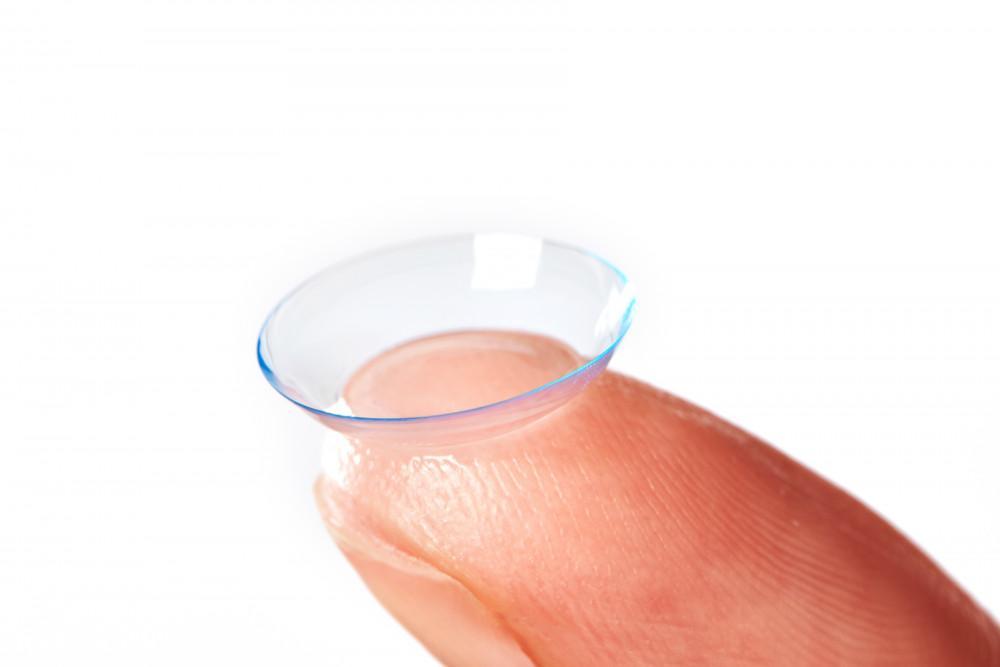
Wearing Contacts With Astigmatism: What You Should Know

Wearing Contacts With Astigmatism: What You Should Know
Being told you have an astigmatism in one or both of your eyes is nothing to fear. After all, most people have some degree of astigmatism, and many are actually born with the condition.
An astigmatism usually means the cornea of your eye has an irregular shape that causes your vision to be blurry at any distance. A minor astigmatism may not cause any vision problems at all, but a significant astigmatism needs to be corrected.
Having an astigmatism may complicate your prescription just a bit, but it won’t prevent you from getting the type of corrective lens that fits your lifestyle.
At Smart Eye Care in Brooklyn, New York City, we’ve helped countless patients with a moderate amount of astigmatism find the right corrective lenses — including custom-fit contact lenses specifically designed to correct astigmatism.
What is an astigmatism?
Your cornea is a clear, round dome that covers the iris and pupil of your eye. A normal, healthy cornea is smooth and curves equally in all directions, allowing light to focus properly onto the retina at the back of your eye. This is what allows you to see clearly.
When your cornea isn’t evenly curved, its irregular shape causes light to refract incorrectly, leading to blurry vision. A misshapen cornea is called a corneal astigmatism.
An astigmatism can also occur in the lens of your eye, which sits just behind your cornea. If you’re diagnosed with a lenticular astigmatism, it means you have a misshapen lens.
No matter what type of astigmatism you have — corneal or lenticular — objects both near and far may appear blurry and distorted. A moderate or severe astigmatism may also cause eye strain, squinting, chronic headaches, and poor night vision.
Because astigmatism is often inherited, most people who have the problem were born with it. It can also occur following an eye injury, eye disease, or surgery.
How is an astigmatism corrected?
Most forms of astigmatism are easily treatable. Many people opt for eyeglasses, which are made with a special cylindrical lens prescription that offsets the astigmatism.
Most people who choose glasses to correct an astigmatism only need a single-vision lens that provides clear vision at all distances. People who are past the age of 40 are more likely to require a bifocal or progressive vision lens.
Contact lenses are another excellent option for many people with a moderate amount of astigmatism. In fact, some people with an astigmatism do better with contact lenses than with eyeglasses, because the contacts may provide clear vision and an unobstructed, wider range of view than glasses.
Standard soft contact lenses aren’t effective for correcting an astigmatism, but rigid gas-permeable contact lenses can be a viable option for people with a mild astigmatism.
Rigid gas-permeable contact lenses maintain their regular shape when they’re over your cornea, allowing them to make up for the cornea’s irregular shape and make your vision sharper.
What are the benefits of toric contact lenses?
Toric contact lenses are often the best choice for contact lens wearers with an astigmatism, because they’re specifically designed to address the problem. The special shape of a toric lens creates different refractive, or focusing, powers that can help correct either a corneal or a lenticular astigmatism.
Toric contacts have a thicker zone that keeps them from rotating when they’re in your eyes. It also helps you orient the lenses the same way every time, so you can count on consistent visual acuity.
Because toric contact lenses must be placed on your eye in a specific way, achieving an exact fit is extremely important. Toric lenses have a middle axis, much like the equator that circles the middle of the earth, to keep your line of vision clear. If your lenses don’t fit well, they’ll do little to improve your vision.
If you need contact lenses to help correct an astigmatism, we can help. Smart Eye Care offers toric fittings and can help you choose the right type of toric lens for your lifestyle. Toric lenses are available as soft or hard lenses, and come in every wear schedule, ranging from dailies to disposables and beyond.
To learn more, call our Brooklyn office today, or make an appointment using our convenient online booking tool.
You Might Also Enjoy...


The Link Between Diabetes and Glaucoma

At What Age Will I Need Reading Glasses?

Common Causes of Dry Eyes

Recovering from LASIK Eye Surgery: What to Expect


